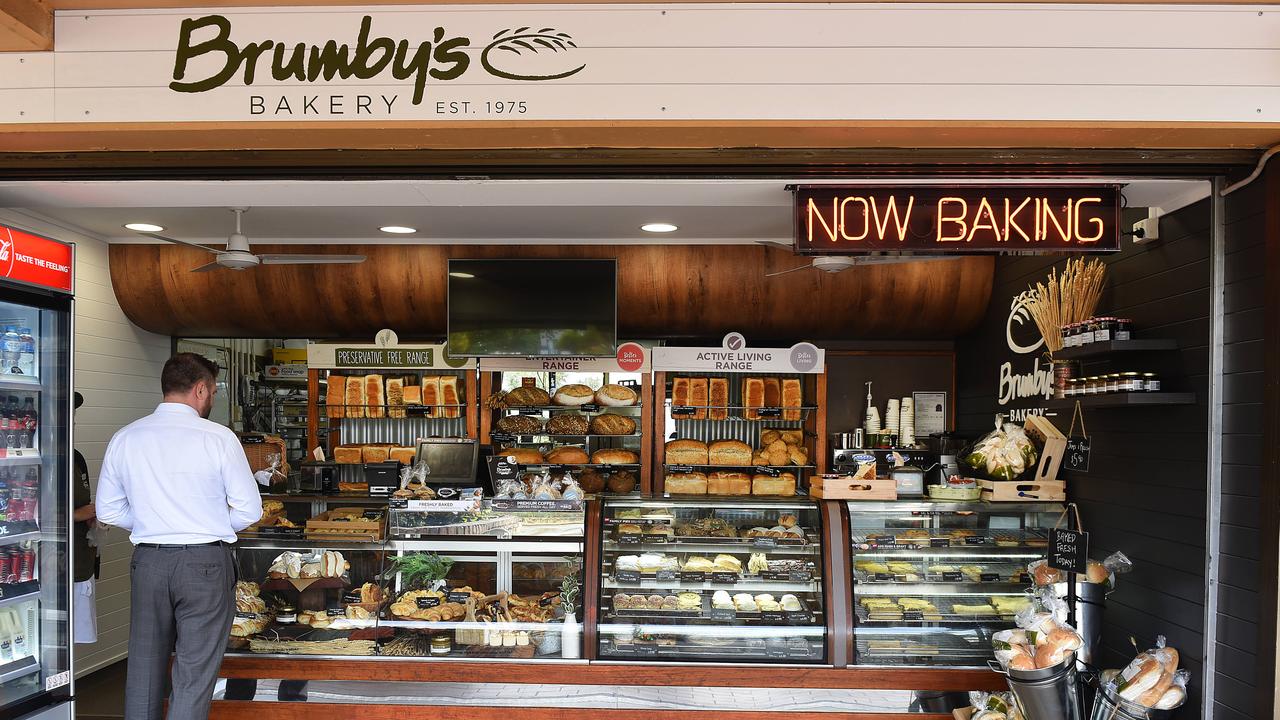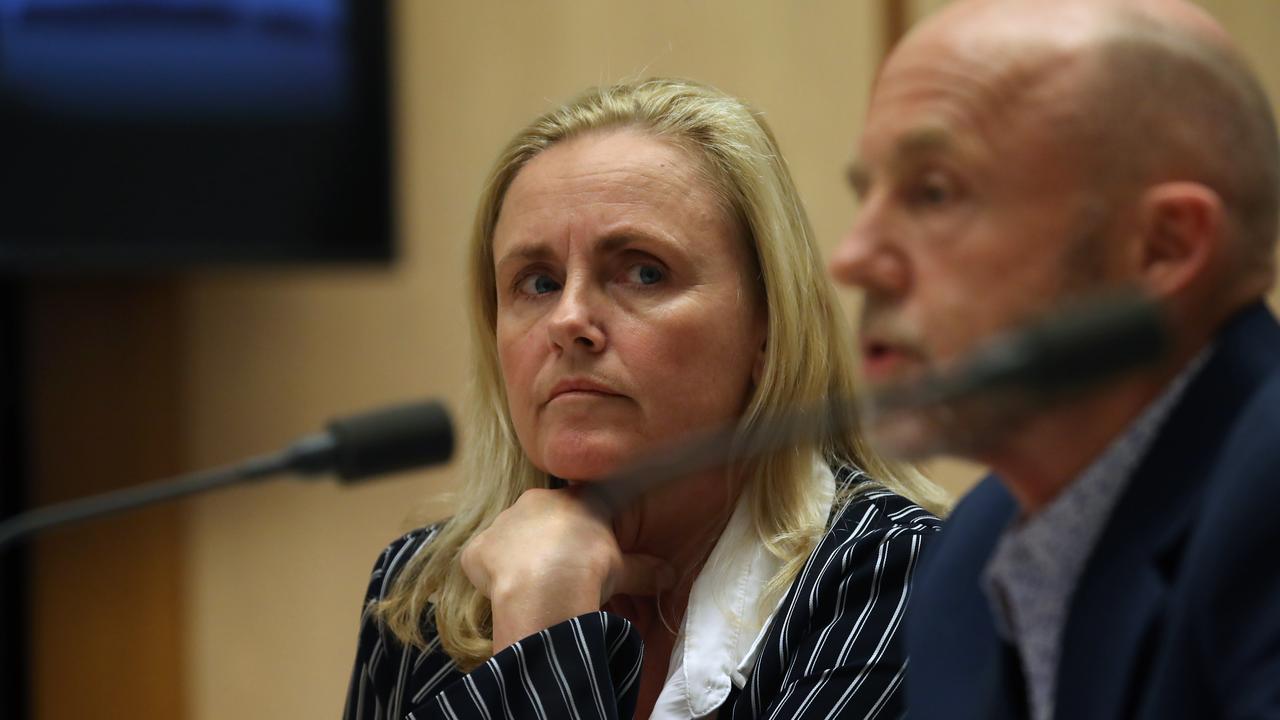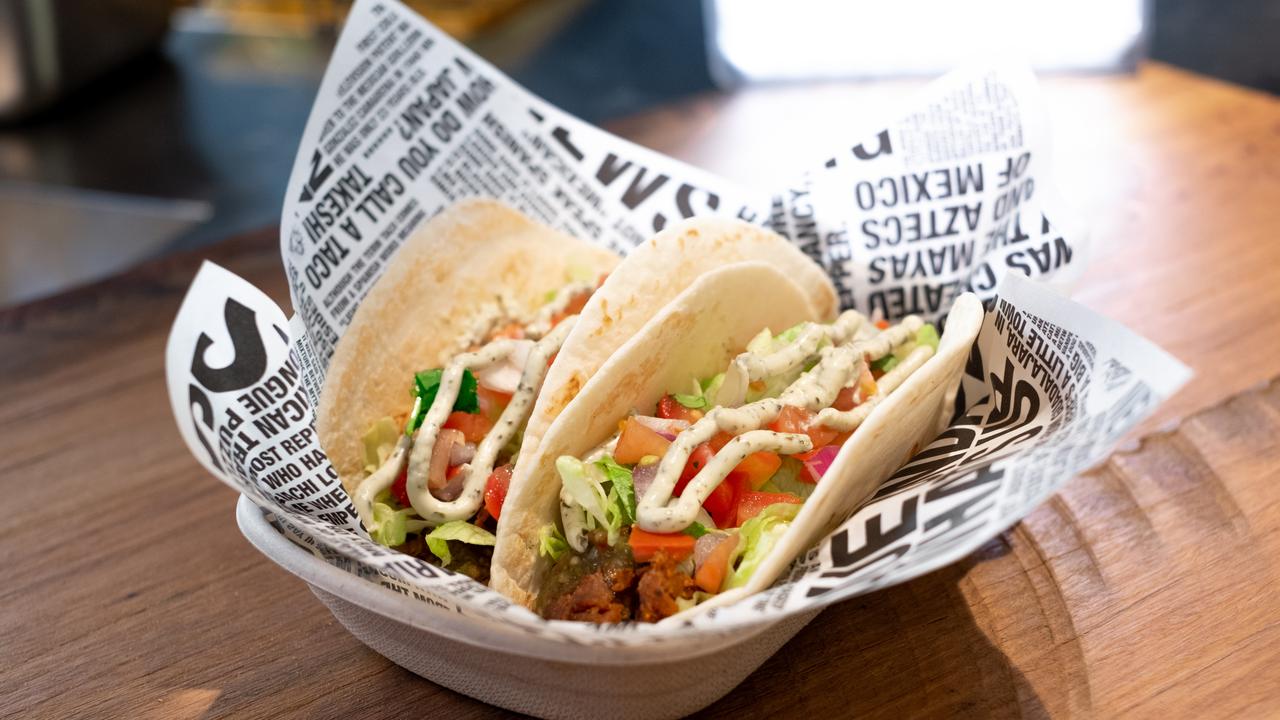Retail Food Group, owner of Gloria Jeans and Donut King, slammed for ‘unethical’ business model
One of the country’s biggest retail food companies has been lashed by a parliamentary inquiry over its “incompetent” treatment of franchisees.

One of the country’s biggest food companies, which operates Gloria Jeans, Brumby’s, Crust Gourmet Pizza and Donut King, has been slammed by a parliamentary inquiry.
A bipartisan committee investigating issues with franchise business models was scathing in its assessment of the “unethical” and “incompetent” practices of Retail Food Group.
A damning report released today urged that the corporate giant be investigated by the Australian Competition and Consumer Commission and the Australian Taxation Office for several potential breaches.
But at the heart of the damning assessment was that Retail Food Group seemed to knowingly mistreat franchisees and had “serious problems with the sustainability of the franchise model”.
“RFG has damaged the reputation of franchising more broadly within Australia,” the Fairness in Franchising report, released today, said.
“When outfits such as RFG acquire already-existing franchise systems, the franchisees in those systems are suddenly exposed to strategic risk and may be exploited.”


Retail Food Group repeatedly refused inquiry requests for documents that could demonstrate whether it knowingly sold failing franchise businesses to unwitting operators.
The denied requests might have also showed whether the company deliberately opened new outlets that it knew would impact the viability of existing franchisee businesses nearby.
Of the company’s lack of co-operation with the committee, the report concluded: “One possibility is that RFG is seeking to avoid providing data that would in fact substantiate the allegation that RFG churned sites across its networks.
“If this is the case, then RFG may not only have engaged in unethical business practices, but may also have misled parliament.
“The other possibility is that RFG, its board and management were incompetent.”

The inquiry found that Retail Food Group opened, closed and transferred about 200 outlets on an annual basis across three years, suggesting it knowingly “engaged in churning and burning” franchisees.
In the franchise business world, “churning” refers to failed sites that are repeatedly sold to new operators, while “burning” refers to launching new outlets regardless of whether they are commercially viable.
Both practices are seen as ways of boosting the franchisor’s profits, given they make revenue from site sales and new franchisee fees.
The inquiry recommended the ACCC be given the power to intervene and prevent the marketing and sales of franchises if a company shows a track record of churning and burning.

Three former Retail Food Group executives repeatedly refused to appear before the committee and two went to court in a bid to avoid doing so.
They were eventually compelled and their conduct was questioned.
The report recommended that regulators look into Retail Food Group broadly, but also those former executives in relation to possible legal breaches, insider trading, short selling, market disclosure obligations, compliance with directors’ duties, audit quality, valuation of assets, and tax avoidance.
“Franchisors have spoken of the harsh realities of the current retail environment, and the particular difficulties involved in operating in shopping centres,” the report said.
“Nevertheless, it appears that RFG has operated a particularly unjust business model.”

On a long list of recommendations, the committee urged that the government establish a Franchising Taskforce and improvements to transparency.
It recommended whistleblower protections, an overhaul of unfair contract terms, changes to cooling off periods and that government agencies, including the competition regulator, “be alert to the risk” of franchise models.
Franchising is big business in Australia, the report noted, contributed nine per cent of the country’s GDP in 2016.
But the business model has a “substantial disparity in power” that disadvantages franchisees and leaves them open to being exploited.
The committee received more than 400 submissions, of which 190 were marked confidential. Of those provided by franchisees, over half were confidential.
“In many cases, franchisees stated that they feared retaliation from franchisors, despite the protections available under parliamentary privilege.”
In a statement, Retail Food Group said it was still studying the full report but “supports any chances” that benefit the franchising industry.
It also pointed out that the company is under new executive management and is implementing “a range of initiatives to better support, connect and benefit” franchisees.
“The current management team and Board completely understand that RFG’s future success is directly linked to the profitability of its franchisees,” Chairman Peter George said.
“We have instituted a comprehensive program of investment and improvement to materially help existing and new franchisees grow and prosper.”
With AAP




